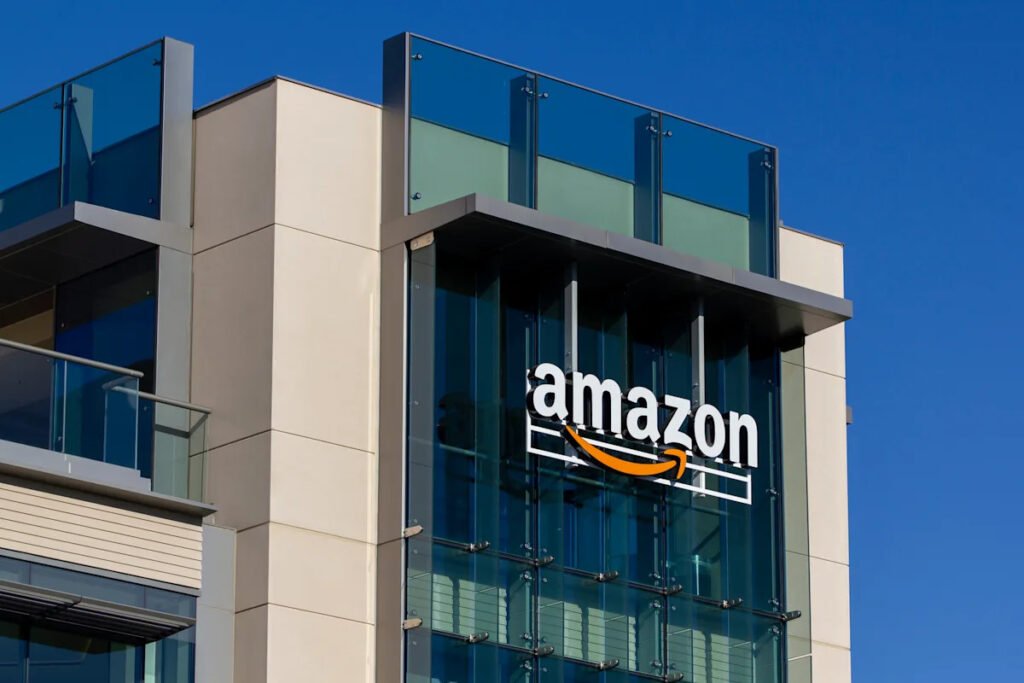Amazon faces two huge lawsuits in the United Kingdom that could cost the online giant billions of dollars, including one that alleges the company illegally promotes products that use its environmentally damaging delivery services.
What’s happening?
One lawsuit, reported by Tech in Asia, accuses Amazon of manipulating its “buy box” — the area on a product page where customers can add an item to their cart or purchase it — to promote products and sellers that use the company’s logistics and delivery services.
That case represents more than 200,000 third-party sellers and seeks nearly $3.5 billion in damages.
The other suit accuses Amazon of undertaking unfair market practices and seeks $1.75 billion on behalf of millions of shoppers. The company argues neither case has merit.
Why is Amazon important to the environment?
When rated by market cap, Amazon is the fourth-largest company in the world. Any company of that size can potentially have a huge environmental impact, but Amazon’s massive delivery and data operations take it to another level.
In 2019, Amazon introduced its “Climate Pledge,” a commitment to reach net zero pollution by 2040. But in the years since, data shows that Amazon’s air-freight pollution increased by 67%, and its delivery van pollution grew by more than 190%.
Perhaps a more surprising cause of Amazon’s large carbon footprint is its wide network of data centers. The company has spent tens of billions of dollars building facilities that house the equipment that stores data and powers services such as video streaming and artificial intelligence. These centers use so much power that operating Amazon’s facilities in northern Virginia requires more energy than the city of Seattle.
Add it all up, and Amazon emits more carbon annually than the entirety of nations such as Switzerland and Denmark.
What’s Amazon doing about this?
Along with its climate pledge, Amazon has taken some legitimately eco-friendly steps, such as introducing more electric delivery vehicles and eliminating roughly 15 billion plastic air pillows annually from its packaging.
While these are undoubtedly positive moves, the company has still been accused of greenwashing — the practice of companies touting their green initiatives while still doing massive amounts of environmental damage.
As a consumer, studying up on greenwashing can help you support companies that actually do the right thing, allowing you to spend your money in a way that makes you feel good while also protecting our planet.
Join our free newsletter for good news and useful tips, and don’t miss this cool list of easy ways to help yourself while helping the planet.






